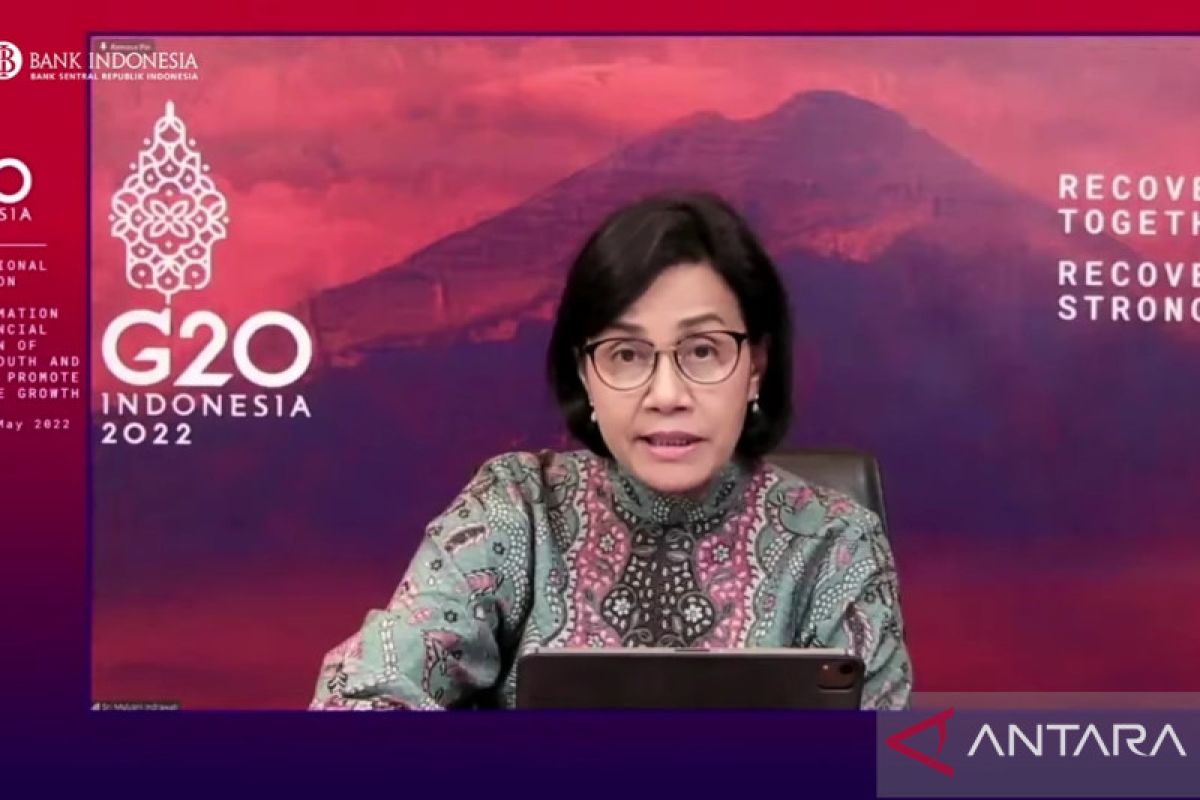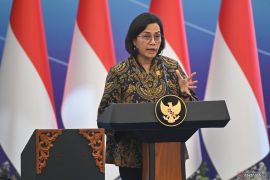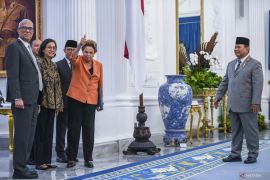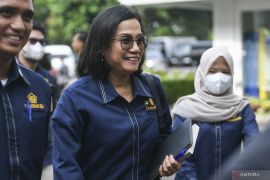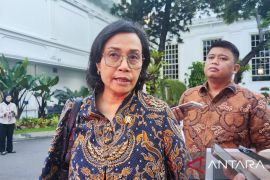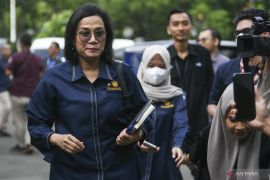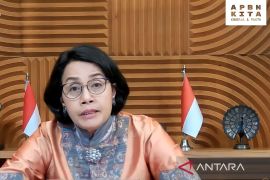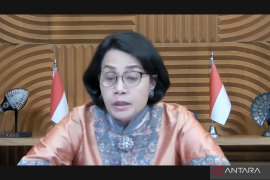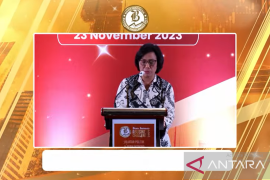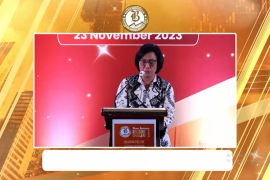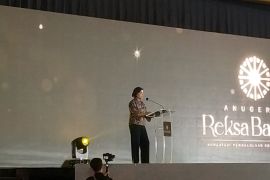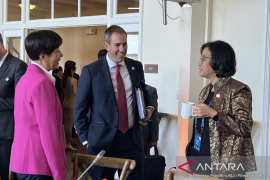"Increasing women's access to formal financial services will not only secure their families' lives but will also empower them with the involvement in MSMEs (Micro, Small and Medium Enterprises)," the finance minister stated during the webinar "Digital Transformation for Financial Inclusion" monitored in Jakarta, Wednesday.
According to a study by the McKinsey Global Institute, some US$13 trillion, or 11 percent of the world's gross domestic product (GDP), could be recorded if all countries in the world increased gender equality for women.
"If we can realize the potential of women in the economy and labor market, we might be able to generate economic activity worth US$28 trillion, or 26 percent of the world's GDP by 2025," Indrawati emphasized.
However, currently, women still face difficulties in accessing financing due to the absence of identity cards or the lack of permission for them to manage assets on their own.
"This creates a huge barrier for women to access funding and capital from financial institutions because they have no guarantees," she pointed out.
Women can also be encouraged to access funding by utilizing digital platforms, but for this reason, their digital literacy levels and skills should be improved.
"Without literacy and education, it will be difficult for women to open accounts to access financial products," she stressed.
Related news: Financial institutions should offer product specifically for women
Indrawati cited as an example that women in Indonesia currently had accounts to access formal financial products, among others, to get assistance from the government, but this account was not used widely.
Improving financial literacy is also important for women entrepreneurs, so that they can develop their businesses.
"Women entrepreneurs, with a good level of financial literacy, can manage their business and household finances better and benefit from financial products to develop their businesses and secure future finances according to their needs," she stated.
Gender Equality Deputy at the Ministry of Women's Empowerment and Child Protection Lenny N. Rosalin earlier urged formal finance institutions in Indonesia to become more gender inclusive.
In a press statement issued on Monday, Rosalin expressed belief that this will help expand women's access to financing.
“The COVID-19 pandemic has impacted women more than men, specifically women in industries, such as restaurant and hotel, as well as domestic workers, in addition to informal sectors, such as MSMEs (Micro, Small, and Medium Enterprises)," she noted.
According to Rosalin, women workers have been affected more by the COVID-19 pandemic, which has led to a rise in gender inequality due to a reduction in women's workforce participation.
Access to financial services for females, specifically entrepreneurial women, would allow the general public to get out of the poverty pit, the deputy explained.
In addition, financial inclusion contributes to a nation's financial stability as a whole.
Related news: Gender equality can boost people's welfare: Finance Minister
Related news: Some 60 percent of Indonesia's GDP depends on women: minister
Translator: Sanya D, Azis Kurmala
Editor: Suharto
Copyright © ANTARA 2022
